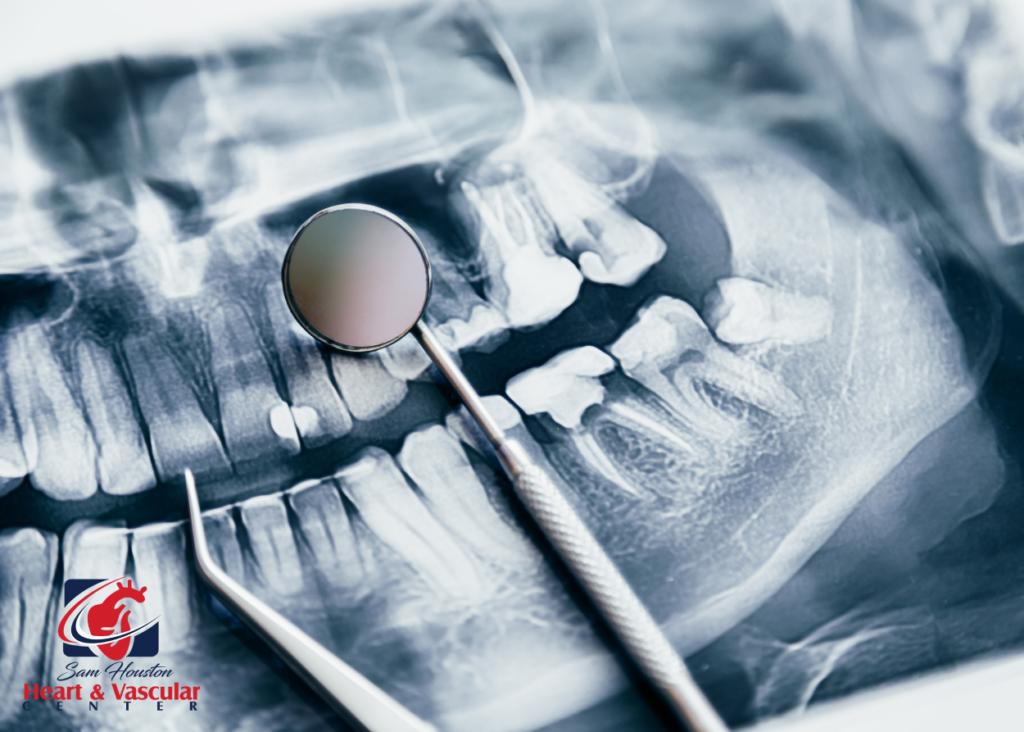
Exploring the Link Between Oral Health and Cardiovascular Disease
When you think of oral health, you may picture brighter smiles and cavity-free teeth. But did you know your dental health may have a significant impact on your heart? Recent research has revealed a fascinating connection between oral health—specifically gum disease—and cardiovascular diseases such as heart attack and stroke. Understanding this link can empower you to take preventative steps for both your oral and overall health.
How Oral Health and Cardiovascular Disease Are Connected
The connection lies in inflammation and bacteria. Gum disease, also called periodontal disease, is a chronic inflammatory condition that affects the tissues surrounding your teeth. It often starts with plaque buildup that isn’t properly cleaned away, leading to infection and inflammation. However, the consequences of ignoring gum health don’t stop at your mouth.
Scientific studies suggest that bacteria from your mouth can enter your bloodstream through inflamed or infected gums. Once there, these bacteria can contribute to plaque buildup in your arteries, a condition known as atherosclerosis. Plaque narrows the arteries and increases the risk of life-threatening conditions, including heart attack and stroke.
The Role of Chronic Inflammation
One major factor linking oral health and cardiovascular disease is chronic inflammation. When your gums are inflamed due to a bacterial infection, it triggers an immune response in your body. Over time, chronic inflammation may harm your cardiovascular system by damaging blood vessels and contributing to the formation of arterial plaques.
For more information on this research, you can visit resources like the American Heart Association’s website to explore the science behind inflammation and heart health.
Gum Disease and Heart Disease: What Does the Research Say?
The evidence connecting gum disease and cardiovascular disease is growing. According to Harvard Medical School, people with periodontal disease face nearly double the risk of developing heart disease compared to those with healthy gums. Additionally, research suggests that poor oral health can also worsen existing heart conditions by contributing to systemic inflammation.
While these studies underscore a strong correlation, it’s important to note that researchers are still studying whether gum disease directly causes heart problems or simply contributes to the risk factors. Either way, maintaining good oral health is an essential step toward protecting your heart.
Tips for Maintaining Good Oral Hygiene
Taking care of your teeth and gums doesn’t just protect your smile—it may also reduce your cardiovascular risk. Here are some practical tips to maintain excellent oral hygiene while supporting heart health:
- Brush and Floss Daily: Brush your teeth at least twice a day for two minutes and floss daily to remove plaque and food particles.
- Use Antibacterial Mouthwash: An antibacterial rinse can reduce harmful bacteria in your mouth and decrease the risk of plaque buildup.
- Schedule Regular Dental Checkups: Visit your dentist every six months for cleanings and oral health assessments to catch issues early.
- Quit Smoking: Smoking damages gum tissue and increases inflammation, putting both your oral and heart health at risk.
- Maintain a Healthy Diet: Limit sugar intake and consume foods rich in vitamins and minerals, like leafy greens and lean proteins, to strengthen both your teeth and body.
- Monitor Signs of Gum Disease: If you notice bleeding gums, persistent bad breath, receding gums, or loose teeth, consult your dentist immediately.
By adhering to these habits, you can minimize your risk of gum disease and potentially reduce its systemic effects on your heart.
When to Consult a Specialist
While good oral hygiene is a valuable preventative measure, sometimes health issues require specialized attention. If you have a history of gum disease or cardiovascular conditions, it’s essential to work closely with both your dentist and a cardiologist. Signs such as chronic gum inflammation, chest pain, or shortness of breath should never be ignored.
Your healthcare team can provide personalized care to address both your oral and cardiovascular health proactively.
Take a Proactive Approach to Heart Health
The link between oral health and cardiovascular disease highlights the importance of treating your body as an interconnected system. By prioritizing oral hygiene, you’re not only protecting your teeth and gums but also taking critical steps toward a healthier heart.
If you’re concerned about your cardiovascular health or want to learn more about managing risk factors, the experienced cardiologists at Sam Houston Heart and Vascular are here to help. From preventative care to personalized treatment plans, we’re committed to putting your heart health first.
Schedule Your Appointment Today
To schedule an appointment with one of the top cardiologists at Sam Houston Heart and Vascular, visit www.samhoustonheart.com or call 832-241-2001. Don’t wait—your health is too important to delay!
By understanding the link between oral and cardiovascular health, you can take simple, yet impactful, steps to improve your overall wellness. Remember, a healthier smile might just lead to a healthier heart!

